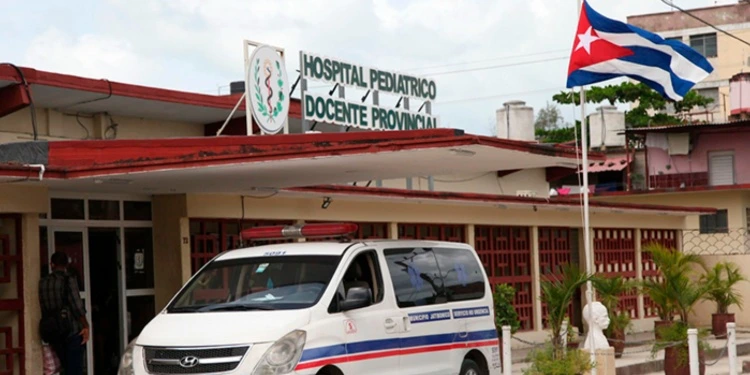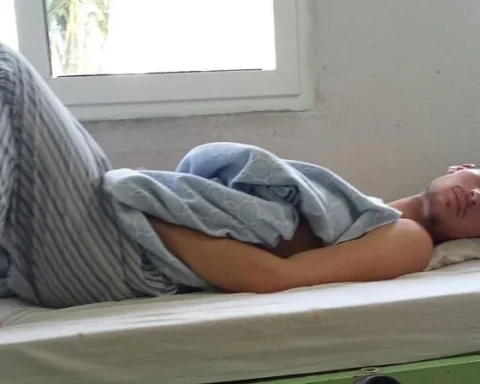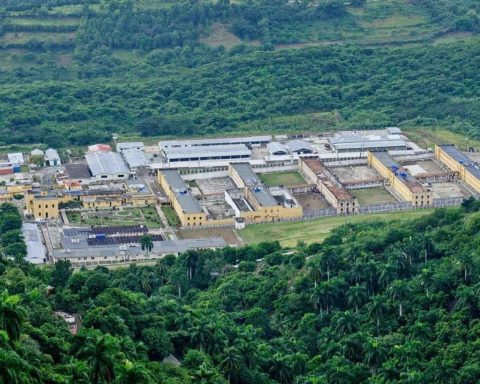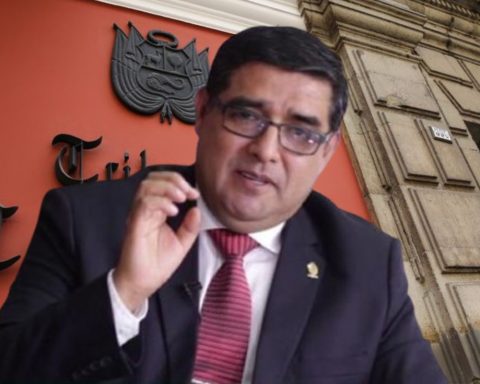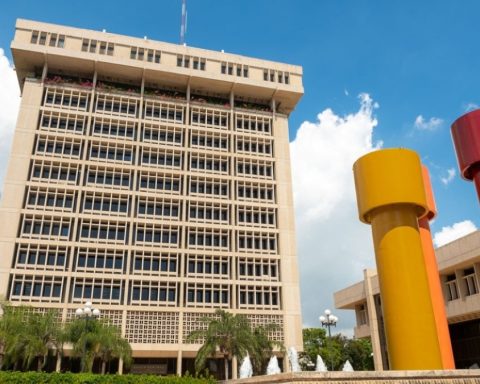“The secondary rules of the judicial reform are going to be very interesting and important because they will allow us to specify and fine-tune some aspects that could make for a truly successful reform in Mexico and that could help generate the certainty that we so need,” said Carranza at the Prosa 2024 Forum.
The banker added that they are waiting for the laws to be discussed that will give priority to the capacity of judges as well as the selection processes for judges and magistrates; he stressed that the association has had discussions with the authorities.
“We have to have faith and patience that the arrival of the new government will give us that certainty that has not been fully achieved, not because we did not want it, but because it is part of the process of judicial reform,” he later told the media.
The banker added that the union is working hand in hand with the new government to express its views and that they hope that there will be dialogue, as Claudia Sheinbaum promised.
“This will be the case because Dr. Claudia Sheinbaum has clearly stated that the new government will be a new government that listens and engages in dialogue,” he said.
Rules out divestments
The president of the ABM acknowledged that there are moments of nervousness regarding the approval of the reform, but he believes that the volatility in the exchange rate is due more to uncertainty than to distrust in the country.
“I don’t see the country standing still, on the contrary, I see it moving forward, foreign investment continues; it is very important to consider that we have a great opportunity today in Mexico,” he said.
Reform comes into force
The government of President Andrés Manuel López Obrador published the reform to the Judicial Branch on September 15 in the Official Gazette of the Federation (DOF) so on September 16 the constitutional change came into effect and the electoral process to elect judges, ministers and magistrates by direct vote began.
The publication comes two days after the Congress of the Union declared the constitutionality of the reform, as more than 17 local congresses endorsed the changes made by deputies and senators in judicial matters.
They have not yet defined when secondary laws will be issued
Until now No date has been set to begin drafting secondary laws for the reform of the Judicial Branch, since Morena supporters contradict each other on this matter.
The President of the Senate Board of Directors, Gerardo Fernández Noroña, stated last Friday that it is possible to hold the election of members of the Judiciary in June 2025 without regulatory laws that regulate the process.
“We are going against the current. We have to issue the call for elections within a month. That is a task that we must complete. We are behind schedule and we have to deal with secondary legislation. These are the big challenges. We could even have the secondary laws a little after the election,” said the Morena member last week.
On the other hand, the coordinator of Morena in the Chamber of Deputies, Ricardo Monreal, pointed out that this regulation will be carried out by the Congress of the Union within a maximum of three months established by the transitional provisions.
“The electoral body will be working in the coming days and all the deputies and senators will be working to prepare the regulatory laws that will be applied in the process of 2025 and 2027 (…) We have the necessary time, but we must not be overconfident in the preparation of these institutional documents that come from the constitutional reform and its transitional provisions,” he said.
With information from Yared de la Rosa











